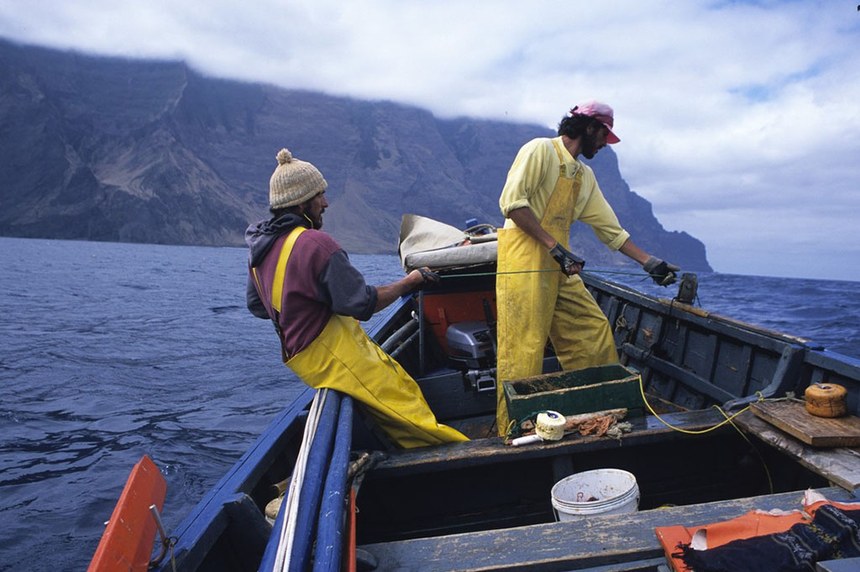Overview
Fisheries are composed of one or more parts, each of which is entitled to receive an MSC certificate. These parts or “units” are defined by their target stock(s), fishing gear type(s) and if relevant vessel type(s), and the fishing fleets or groups of vessels.
When the term “Unit of Certification” is used for fishing units that are in assessment, it refers to the “Unit of Assessment” or “Unit of potential certification”. Expand a status below to view the parts that form this fishery. To check the detailed scope, download the latest certificate or open the Assessments page to get the latest report. Find out more by visiting our page on Fisheries
Catch by Species
| Species | Reported Catch Year | Metric Tonnes |
|---|---|---|
| Juan Fernandez rock lobster (Jasus frontalis) | 2018 | 75 |
Information is provided by an independent Conformity Assessment Body as live weight (the weight of species at the time of catch, before processing) and where a fishing season covers multiple years, the end year is given as the reported catch year. Additional information is available in the latest report, see the assessments page.
About this Fishery
Artisanal lobster fishing is an important source of revenue for the 800 inhabitants of the remote Pacific island community of Juan Fernandez, 400 miles from mainland Chile. The islanders have been fishing for lobster in a sustainable way for more than 100 years.
Only licensed artisanal fishers may harvest rock lobster around the islands, and licences are restricted to island residents. In the 2011/2012 season, when MSC assessment began, there were 57 active boats.
Lobsters are caught using traditional wooden traps, which are set individually and usually tended every two days. A trap is moved elsewhere or taken out of the water if the catch of commercial size lobsters reduces below fishers’ expectations.
“We can no longer base our fishery development on increasing catches. What Chile needs now are sustainable fisheries that add value to our seafood products. The Juan Fernández lobster fishery is a good example of that.”
- Raúl Sunico, Government Undersecretary of Fisheries and Aquaculture
Market Information
Currently China is the largest commercial market for lobster from the Juan Fernandez islands, though historically it has mainly been exported to France, Spain and Italy.
